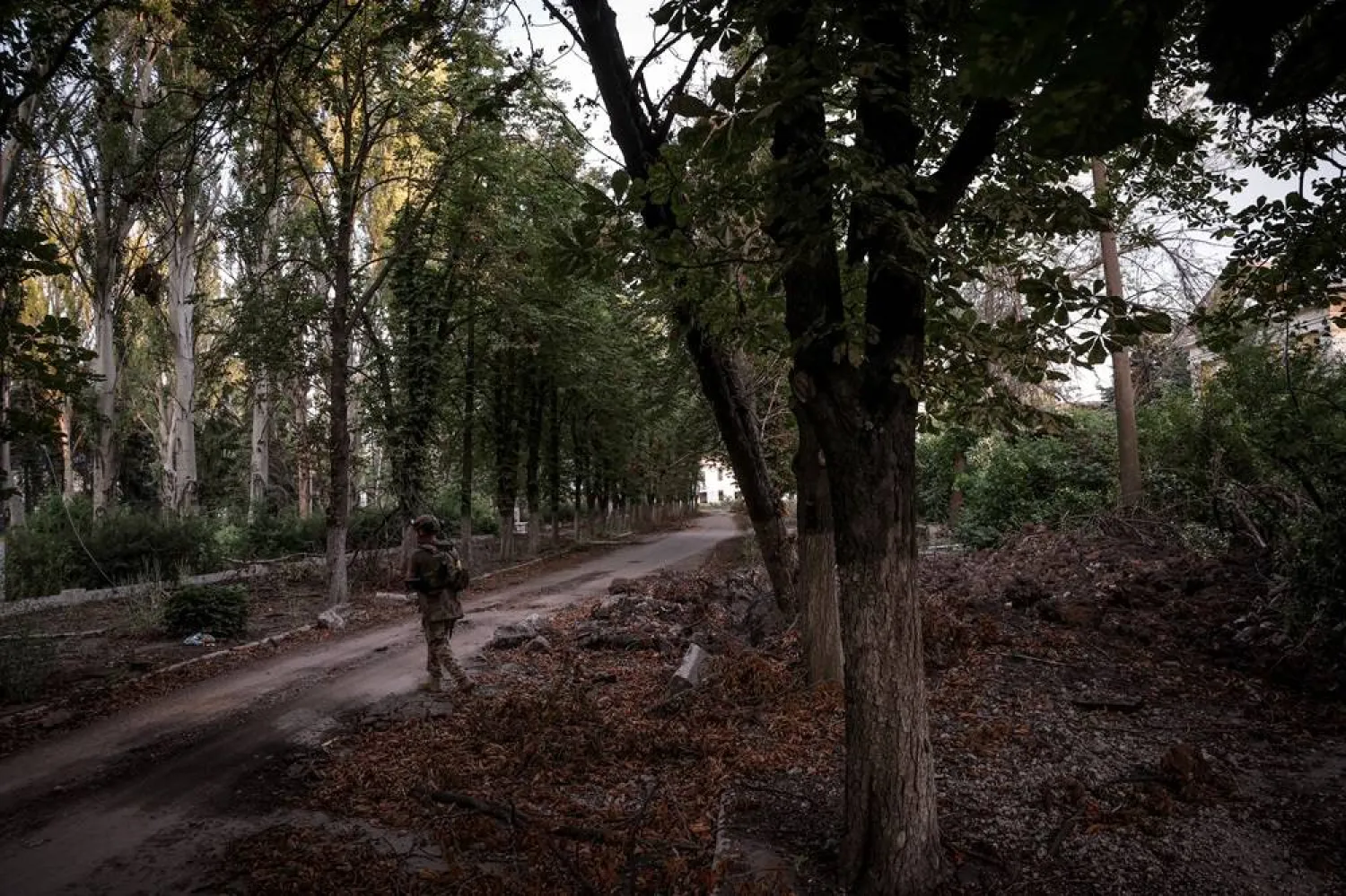The European Union is expected to sign a security agreement with Ukrainian President Volodymyr Zelenskiy on Thursday, pledging to keep delivering weapons, military training and other aid to Kyiv for years to come.
The agreement will lay out the EU's commitment to help Ukraine in nine areas of security and defense policy - including arms deliveries, military training, defense industry cooperation and demining, according to a draft seen by Reuters.
Zelenskiy is expected to sign the pact at a summit of EU leaders in Brussels. His visit has not been officially announced but diplomats said he was expected to attend.
The pact is intended to complement similar agreements sealed between Ukraine and its allies as it continues its defense against Russia's invasion.
In the event of "future aggression", the document says the EU and Ukraine intend to consult within 24 hours on Kyiv’s needs and "swiftly determine" next steps in line with the commitments.
The document is part of a broader effort by Ukraine’s partners to provide assurances that they will stand by Kyiv for the long haul, with no end in sight to the war and no immediate prospect of Ukraine joining the EU or NATO.
Countries including the United States, Britain, France and Germany have sealed security pacts with Kyiv.
Officials say such agreements are not the same as the mutual defense pact between NATO nations, but are pledges to provide Ukraine with weapons and other aid to bolster its own security and deter any future invasion.
The draft EU document says its commitments will remain in effect "as Ukraine pursues its European path" and will be reviewed in 10 years at the latest.
It does not specify the value or quantity of future assistance. It notes the EU agreed to give 5 billion euros ($5.34 billion) to a fund for Ukraine military aid this year. But it stops short of pledging the same for the coming years.
"Further comparable annual increases could be envisaged until 2027," the document says.









